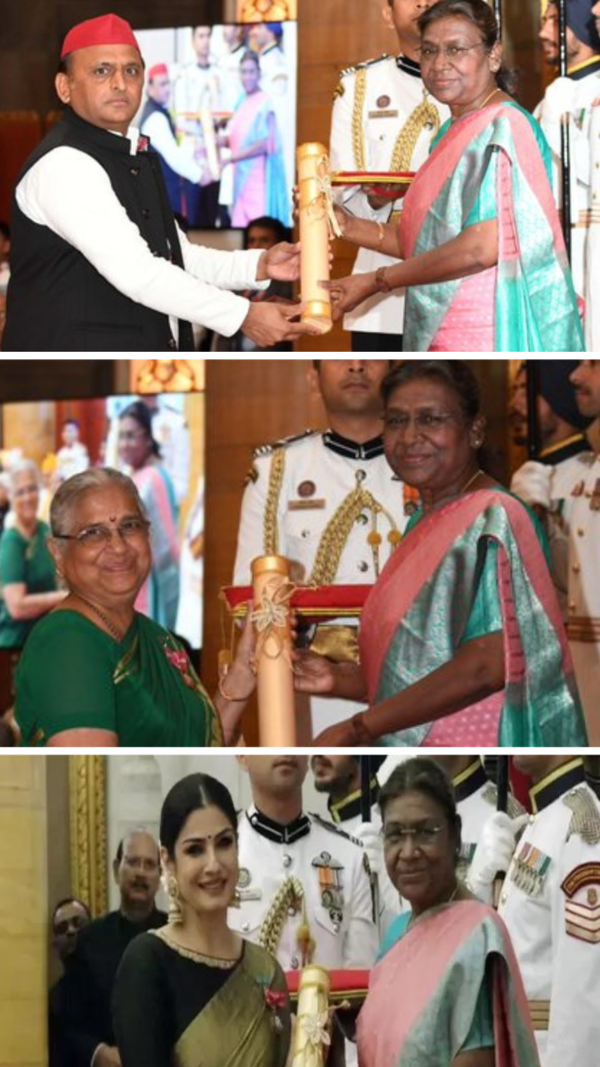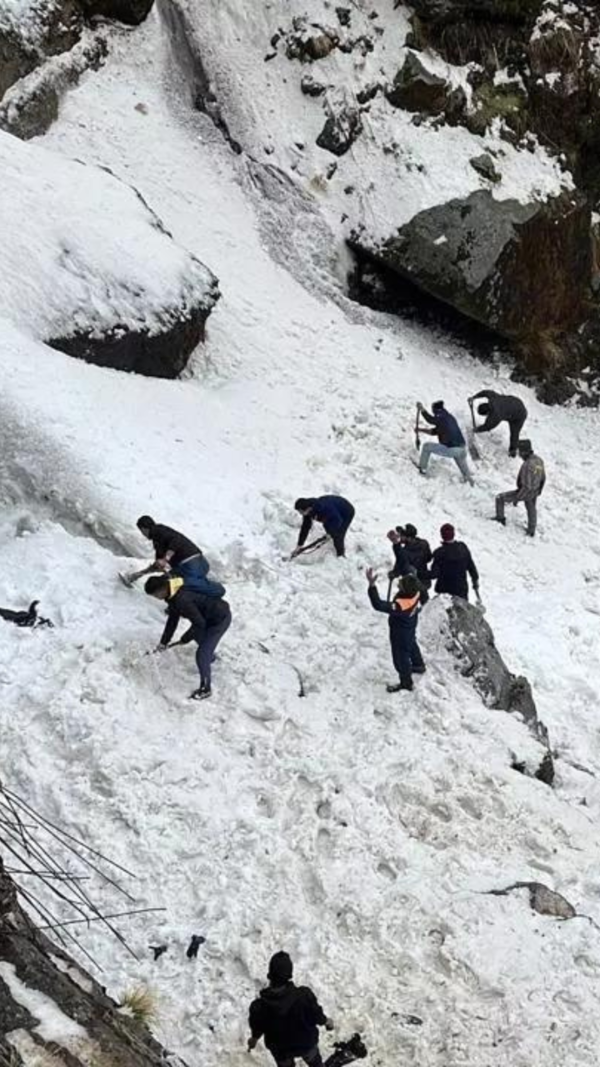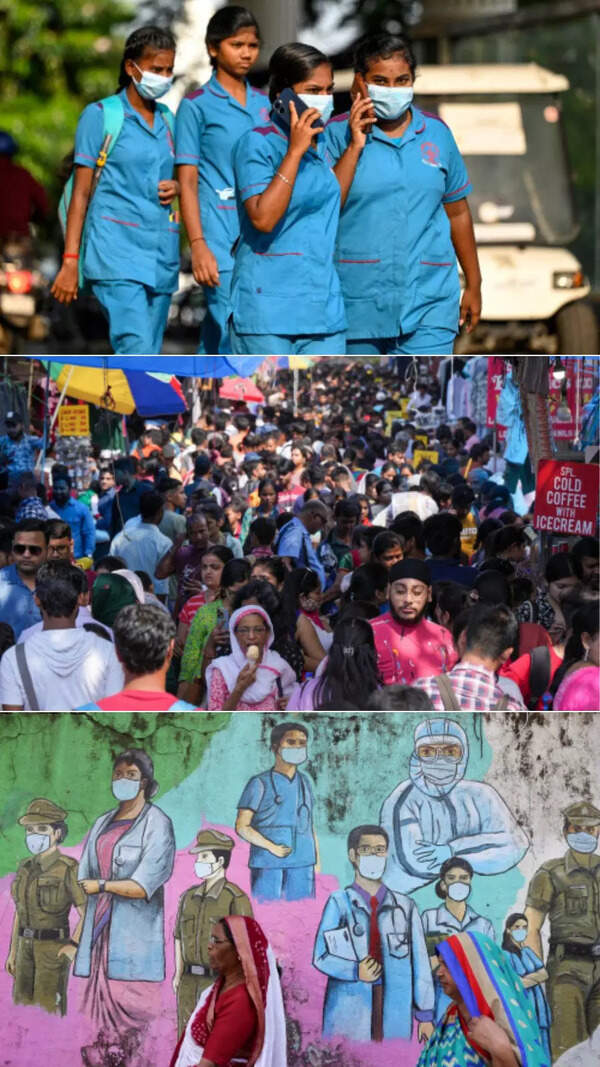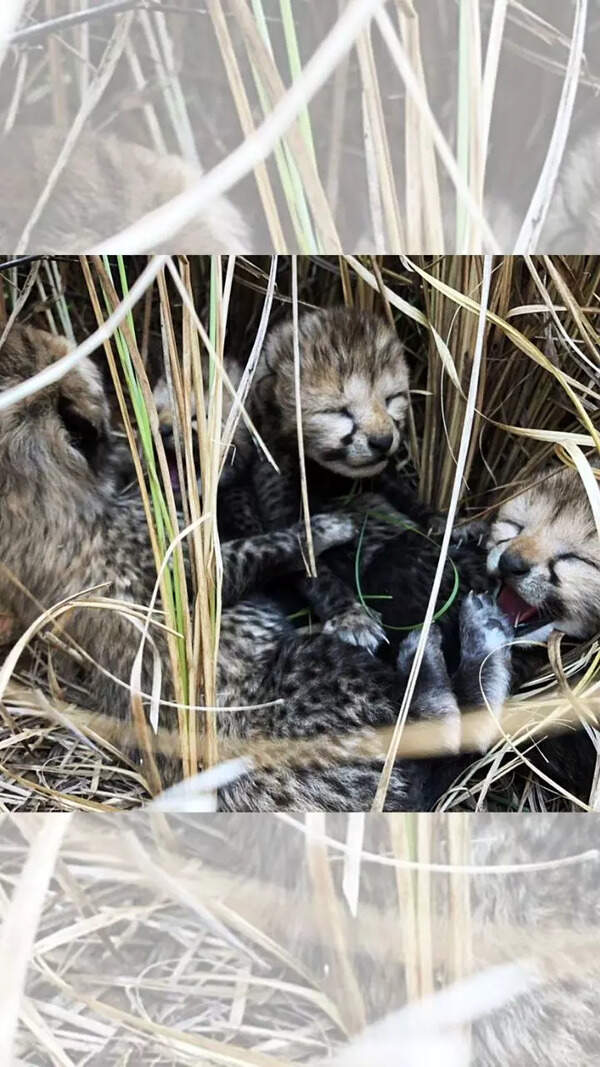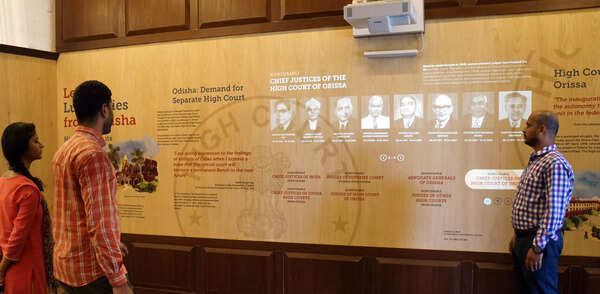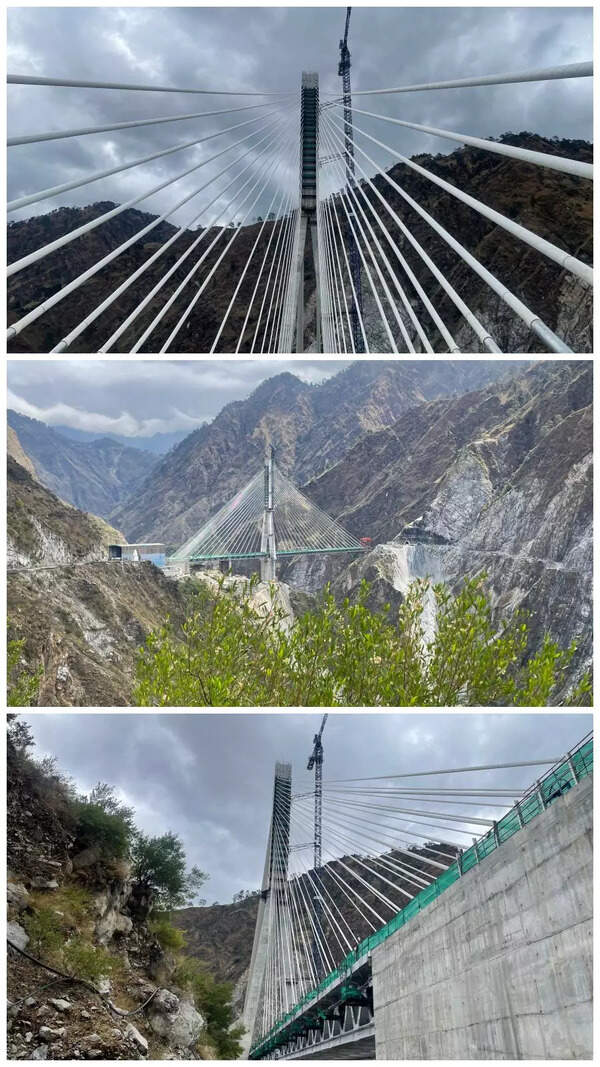- News
- City News
- bengaluru News
- Mosquitoes multiply as Bengaluru sees drastic change in summer pattern
Trending Topics
Mosquitoes multiply as Bengaluru sees drastic change in summer pattern

Many citizens say they are worried about the possible outbreak of vector-borne diseases such as malaria, dengue, and chikungunya in Bengaluru.
BENGALURU: An abnormally high number of mosquitoes over the past few weeks, both in the core areas and on the outskirts along Outer Ring Road, has left lakhs of residents distraught and several resident welfare associations worried.
While mosquitoes are a common phenomenon ahead of the monsoon months, the unusual increase in their density has left many citizens worried about the possible outbreak of vector-borne diseases such as malaria, dengue, and chikungunya.
If you are wondering what could have triggered the sudden spurt in mosquito menace, entomologists from Indian Institute of Horticultural Research (IIHR) and other institutes have attributed it to the changing climatic conditions in and around Bengaluru.
"Rain all through the year along with erratic temperature coupled with humid conditions have converted the city and adjoining areas into a perfect breeding ground for mosquitoes. Filling up of lakes, both within and around the city, under several projects has also made it convenient for different types of mosquitoes to multiply," explained Dr NR Prasanna Kumar, an entomologist from IIHR.
Dr Balasundar, chief health officer, Bruhat Bengaluru Mahanagara Palike (BBMP), acknowledged that this is the season when Bengaluru often witnesses high density of mosquitoes. "Currently, we are yet to estimate the density and our ward officials are carrying out an assessment. Waterbodies that are filled to the brim may have contributed to their rising population," he said.
Anandan S, a resident of Nagawara and member of the local RWA, said: "Evenings are swarmed with mosquitoes. They are common even during the day. They are seen all over vacant sites, drains and BBMP parks. Basements of apartments, garage areas and dark alleys are abuzz with mosquitoes. Houseflies too have increased considerably."
Prasanna Kumar said, "Normally, Bengaluru would witness rain until early November followed by three months of winter before temperature soared. But for the last couple of years, the city saw rainfall almost until December and lakes were overflowing. Immediately after rain, mercury levels also spiked along with humidity. This has favoured mosquito breeding. While normally it would have taken 10-14 days for mosquitoes to breed from eggs to imago level under 26 degrees Celsius to 30 degrees, the change in temperature between 32 degrees and 35 degrees has reduced the breeding duration to 8-10 days."
Abdul Aleem, convener of Change Makers of Kanakapura Road Apartments Association, said: "The major agenda of our ward committee meetings is mosquito menace. BBMP has failed to fumigate the outer wards."
While mosquitoes are a common phenomenon ahead of the monsoon months, the unusual increase in their density has left many citizens worried about the possible outbreak of vector-borne diseases such as malaria, dengue, and chikungunya.
If you are wondering what could have triggered the sudden spurt in mosquito menace, entomologists from Indian Institute of Horticultural Research (IIHR) and other institutes have attributed it to the changing climatic conditions in and around Bengaluru.
"Rain all through the year along with erratic temperature coupled with humid conditions have converted the city and adjoining areas into a perfect breeding ground for mosquitoes. Filling up of lakes, both within and around the city, under several projects has also made it convenient for different types of mosquitoes to multiply," explained Dr NR Prasanna Kumar, an entomologist from IIHR.
Dr Balasundar, chief health officer, Bruhat Bengaluru Mahanagara Palike (BBMP), acknowledged that this is the season when Bengaluru often witnesses high density of mosquitoes. "Currently, we are yet to estimate the density and our ward officials are carrying out an assessment. Waterbodies that are filled to the brim may have contributed to their rising population," he said.
Anandan S, a resident of Nagawara and member of the local RWA, said: "Evenings are swarmed with mosquitoes. They are common even during the day. They are seen all over vacant sites, drains and BBMP parks. Basements of apartments, garage areas and dark alleys are abuzz with mosquitoes. Houseflies too have increased considerably."
Prasanna Kumar said, "Normally, Bengaluru would witness rain until early November followed by three months of winter before temperature soared. But for the last couple of years, the city saw rainfall almost until December and lakes were overflowing. Immediately after rain, mercury levels also spiked along with humidity. This has favoured mosquito breeding. While normally it would have taken 10-14 days for mosquitoes to breed from eggs to imago level under 26 degrees Celsius to 30 degrees, the change in temperature between 32 degrees and 35 degrees has reduced the breeding duration to 8-10 days."
Abdul Aleem, convener of Change Makers of Kanakapura Road Apartments Association, said: "The major agenda of our ward committee meetings is mosquito menace. BBMP has failed to fumigate the outer wards."
Start a Conversation
FOLLOW US ON SOCIAL MEDIA
FacebookTwitterInstagramKOO APPYOUTUBE


